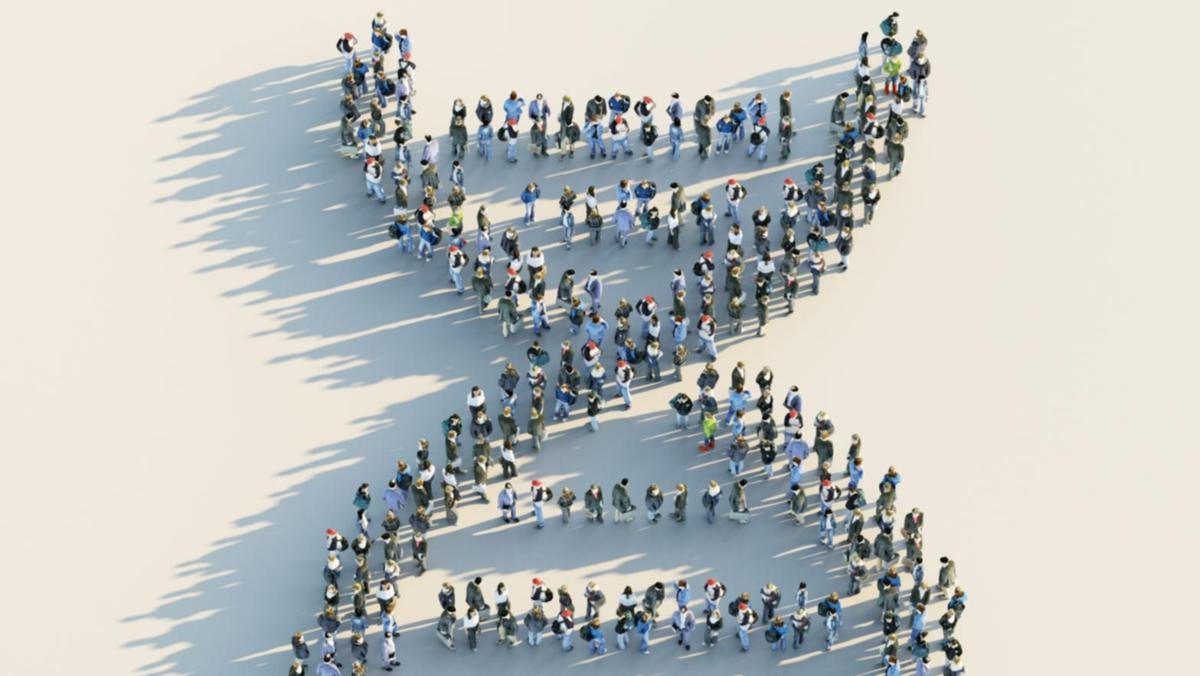Biological and genetics research has shown that the way we categorize people into different racial groups doesn’t actually have a basis in biology or genetics. Instead, it’s something that society has constructed, and it often leads to unfair treatment of certain groups of people. Despite knowing this, scientists still sometimes use race to talk about genetic differences among people, which is worrying.
When scientists do genetics research, they’re influenced by the power dynamics and privileges that exist in society. This means that the questions they ask and the way they study populations can be biased towards certain groups, like white people or those who are more economically privileged. Unfortunately, this bias can sometimes lead to reinforcing harmful stereotypes about different racial groups.
In the past, genetics research has been used to justify some really terrible things, like forced sterilization and genocide. And while we’ve made progress, there are still elements of modern genetics research that are influenced by racist ideas.
A recent report from the National Academies of Sciences, Engineering, and Medicine is urging scientists to think more critically about how they use race in their research. They’re saying that scientists need to consider the sociopolitical aspects of genetics research, like how they define populations and what impact their findings might have on different groups of people.
To tackle these issues, scientists need to talk more openly about the social and political factors that influence genetics research. This means challenging the idea that genes determine everything about us and recognizing that race isn’t a biological thing—it’s a social construct that affects people’s lives in real ways.
Education plays a big role in all of this. By teaching students about the history of racism in genetics research and encouraging them to think critically about how genetic populations are defined, we can start to change things for the better.
In the long run, it’s going to take a team effort from scientists, educators, and organizations to make these changes happen. But by acknowledging the sociopolitical aspects of genetics research and working to address them, we can move towards a more fair and inclusive scientific community.
















































